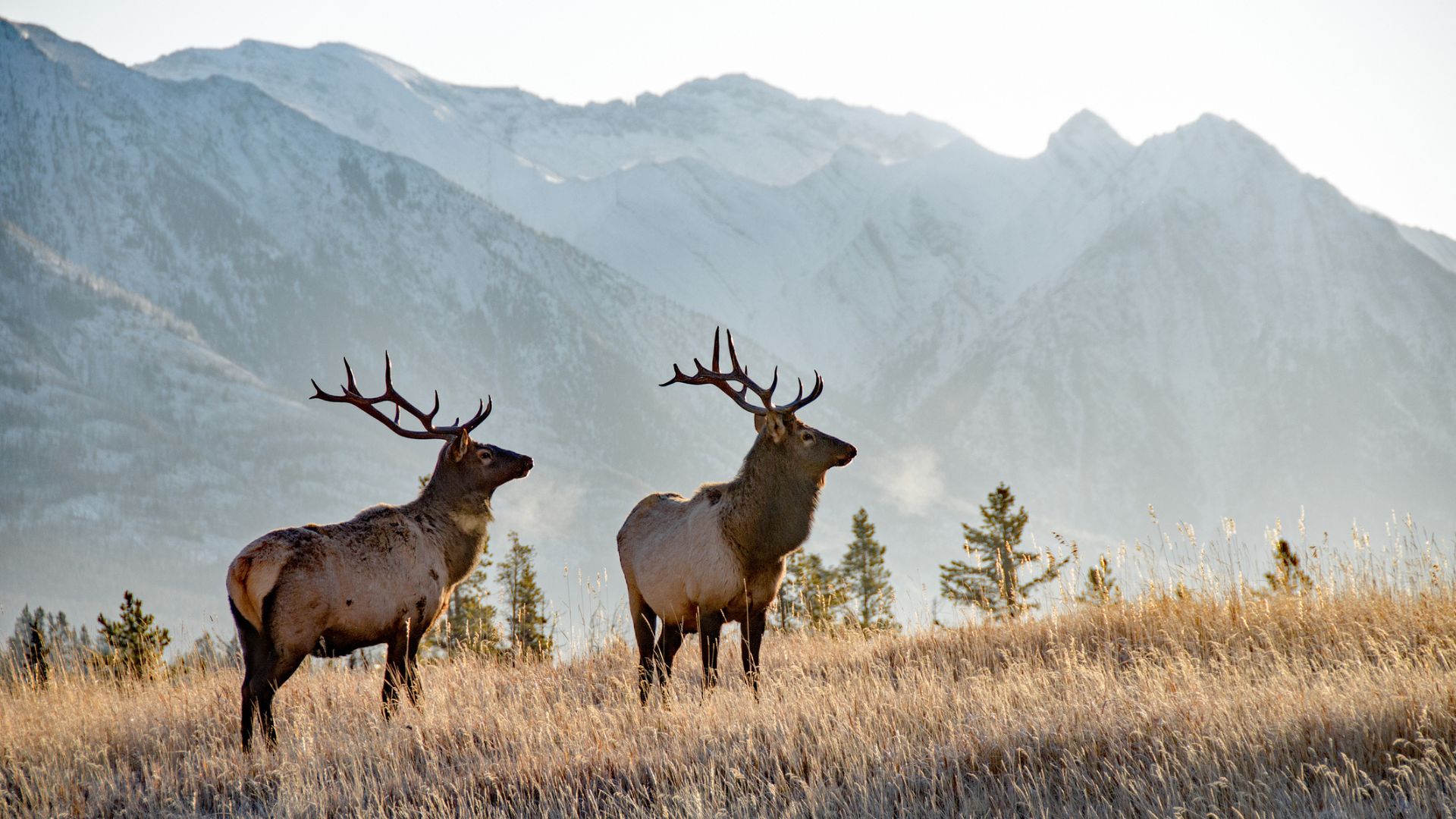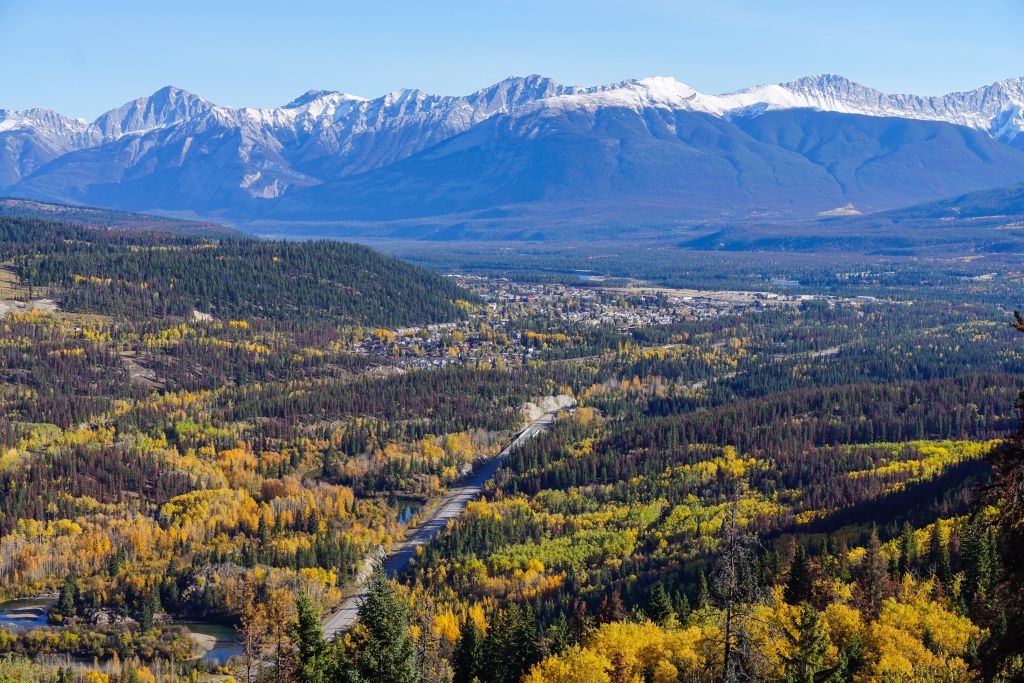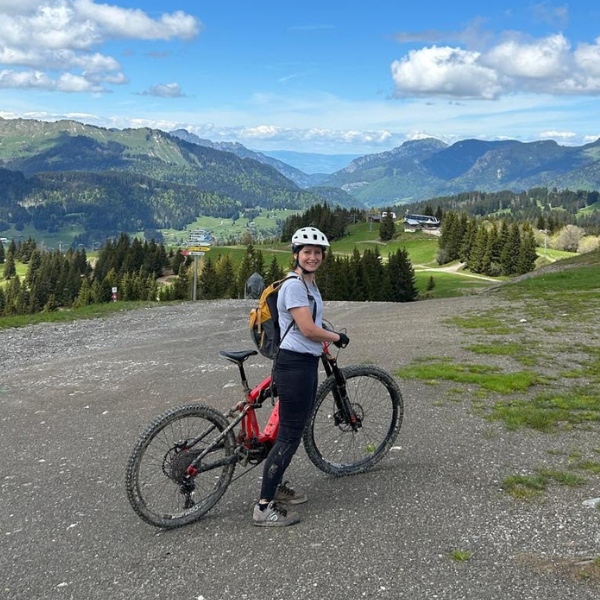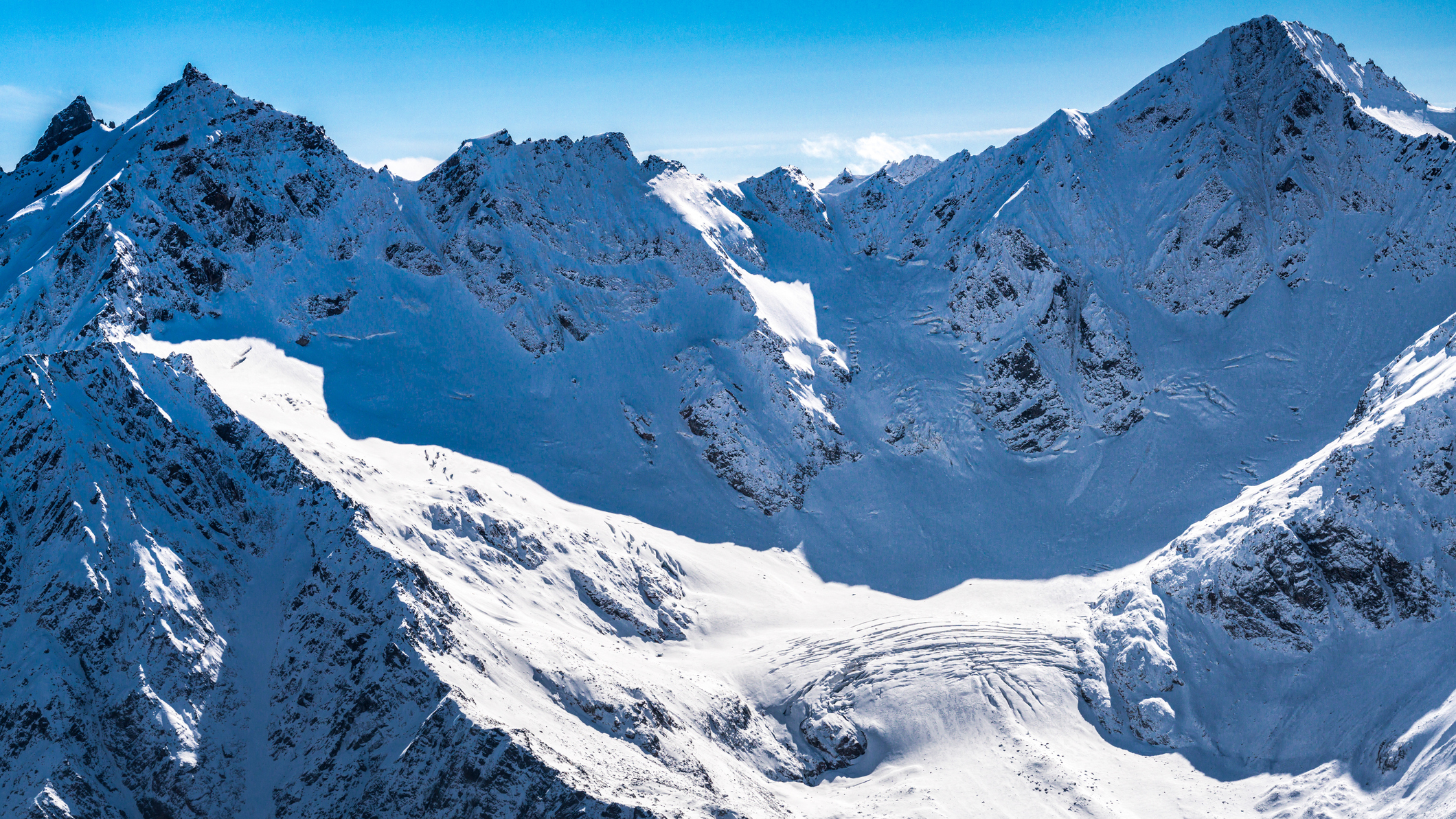Adventure tourism under threat and environmentalists up in arms after government lifts coal mining ban in Canada's Eastern Rockies
The prospect of renewed impact on land and water ecosystems has sparked public outcry and protests

A ban on coal mining in the eastern slopes of the Canadian Rocky Mountains, which has been in place for nearly 50 years has been lifted by the Alberta government.
The Eastern Rockies are popular with hikers, climbers, skiers, kayakers and more, and home to a wide variety of wildlife.
Now they are under threat after Alberta Energy Minister Brian Jean reversed government orders preventing mining in the area that have been in place since 1976. Opponents say there was no public consultation, although lawmakers signalled their intention to overturn the ban last year.
The announcement means that mining operations that were started in 2020, then paused again because of public outcry, can now resume. New coal mine exploration can begin and new applications for coal projects can be submitted.
In a statement, conservation charity, the Canadian Parks and Wilderness Society, said: "This is a profoundly short-sighted and irresponsible decision by the Minister of Energy and Minerals that puts the health, future and prosperity of Alberta, and our communities, at grave risk.
"We will be fiercely opposing this new direction — and we know we won't be alone. Albertans have fought this fight before and won."
CPAW video slams coal mining in the Rockies
The organization has long been campaigning for the protection of the mountains and foothills from coal mining, citing them as home to world-class hiking, fishing, and camping and home to grizzly bears, native trout, and sensitive alpine species.
Advnture Newsletter
All the latest inspiration, tips and guides to help you plan your next Advnture!
A statement on its website reads: "The Bighorn Backcountry hosts some of the most beautiful and scenic views you have ever seen. Coal mining would directly conflict with recent efforts to position itself as a premier tourism destination."
Opponents say coal mining not only scars the landscape, alters the shape of mountains and removes access from wild areas, but it can contaminate water courses and poisonous coal dust can suffocate forests and cause risk to tourists in the area.
🚨 NEWS 🚨 @YourAlberta has quietly removed the moratorium on coal in #Alberta which dispels any suspicion on what the announced Coal Industry Modernization Initiative will mean for the Eastern Slopes. Statement out with @cpawssab : https://t.co/838QuvMRdeJanuary 21, 2025
Concerns about coal mining were exacerbated in 2020, when the then government announced it would remove rules that had protected the eastern slopes of the Rockies from open-pit coal mining since 1976.
It began issuing permits to major corporations. However, following a public outcry, the mining companies were forced to stop operations.
The mining firms are now taking the Alberta government to court, seeking more than $15 billion in revenues they say they have lost because of the government’s back-and-forth over mining policies.
Protesters argue that this is the main reason the government is lifting the ban, accusing it of putting profits over people.
Here's what NO to coal looks like from Calgary. Pt. 2 of the Alberta Energy Regulator public hearings for the proposed Grassy Mountain coal project are on right now. AWA spoke at Pt. 1 of the hearings in December.Our statement:https://t.co/gQBKQ7uZuF pic.twitter.com/22IUyCkHKsJanuary 14, 2025
Alberta Wilderness Association is another organization fightin the change.
A statement on its website talks about the wider impact of mining, even if it's not done on Category 1 land, which includes national parks and wilderness areas.
"Mining completely eradicates the existing vegetation, alters soil composition, and displaces fauna which can result in permanently scarred landscapes. Large sites cleared for open-pit mines and the associated infrastructure can change the entire topography of the area", it says.
"Wetlands, aquifers, and surface waters are also negatively affected by coal mining and coal-fired power plants. Wetlands are destroyed in site areas, significant amounts of freshwater are used for commercial cooling and tailings leach out harmful pollutants into watersheds."

Planning a trip to the Rockies?
Set off on your next mountain mission with reliable hiking gear:

Charlie is a freelance writer and editor with a passion for hiking, biking, wild swimming and active travel. She recently moved from Bristol to South Wales and now refuses to leave her front door without one of the following: lightweight hikers, wetsuit, mountain bike, tent. Having bought a fixer-upper home that backs on to protected woodland, her love of nature and wildlife has intensified and the dark skies have kickstarted a new fondness for stargazing.

